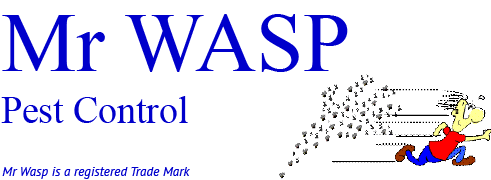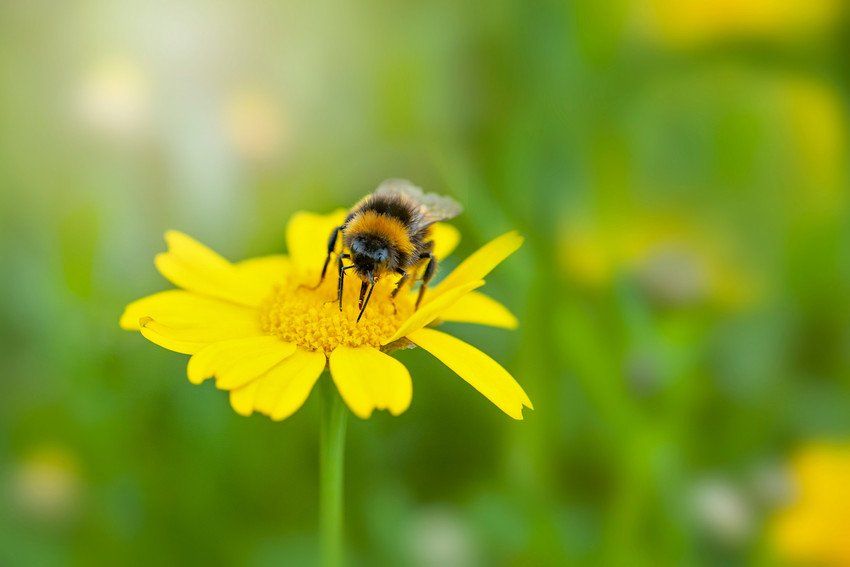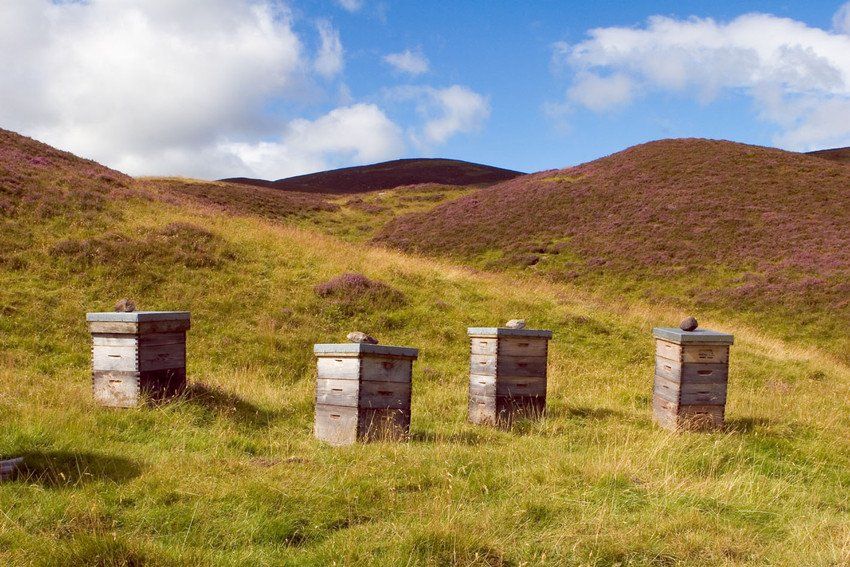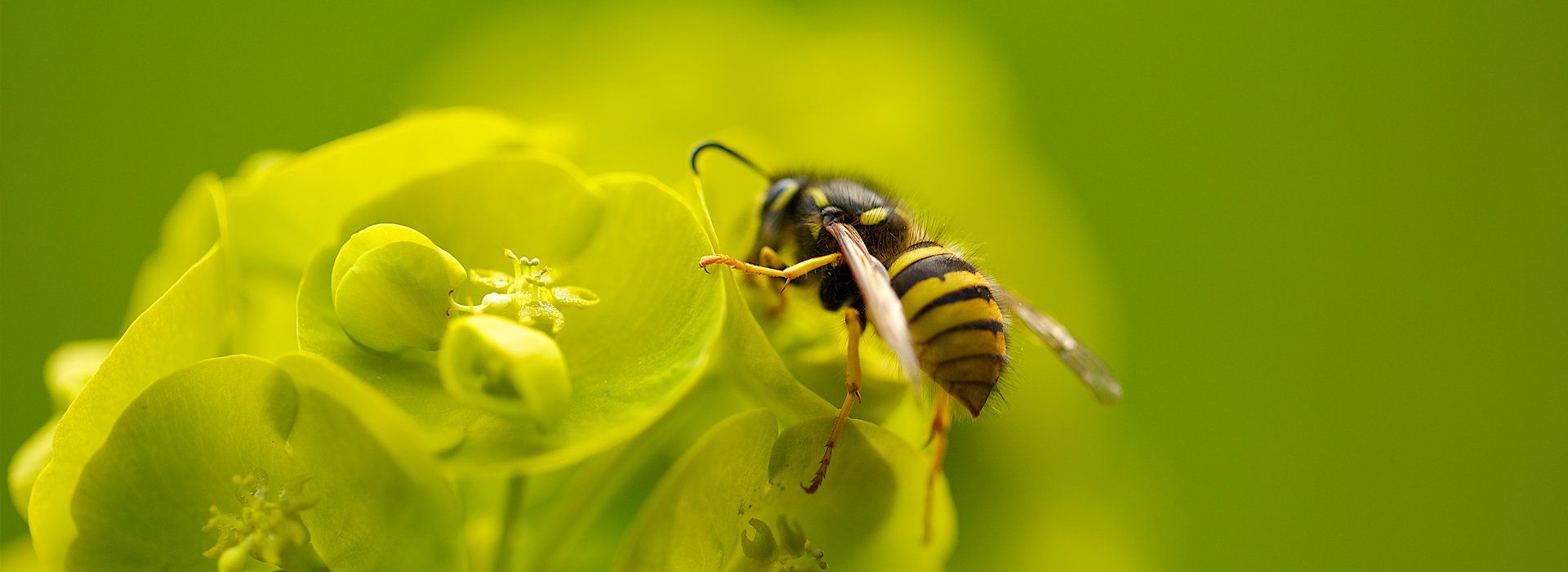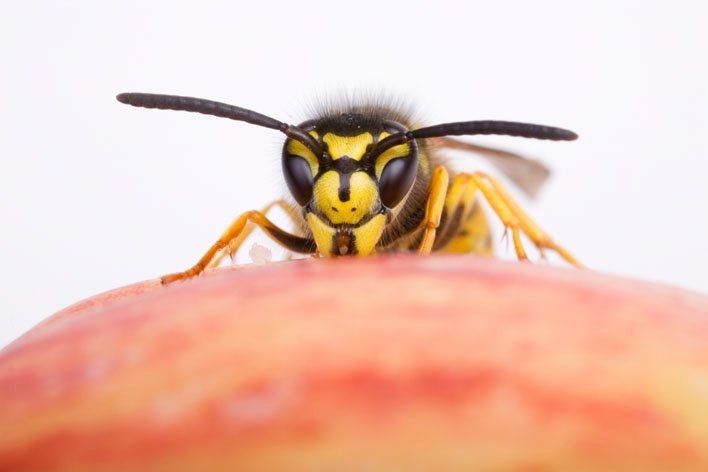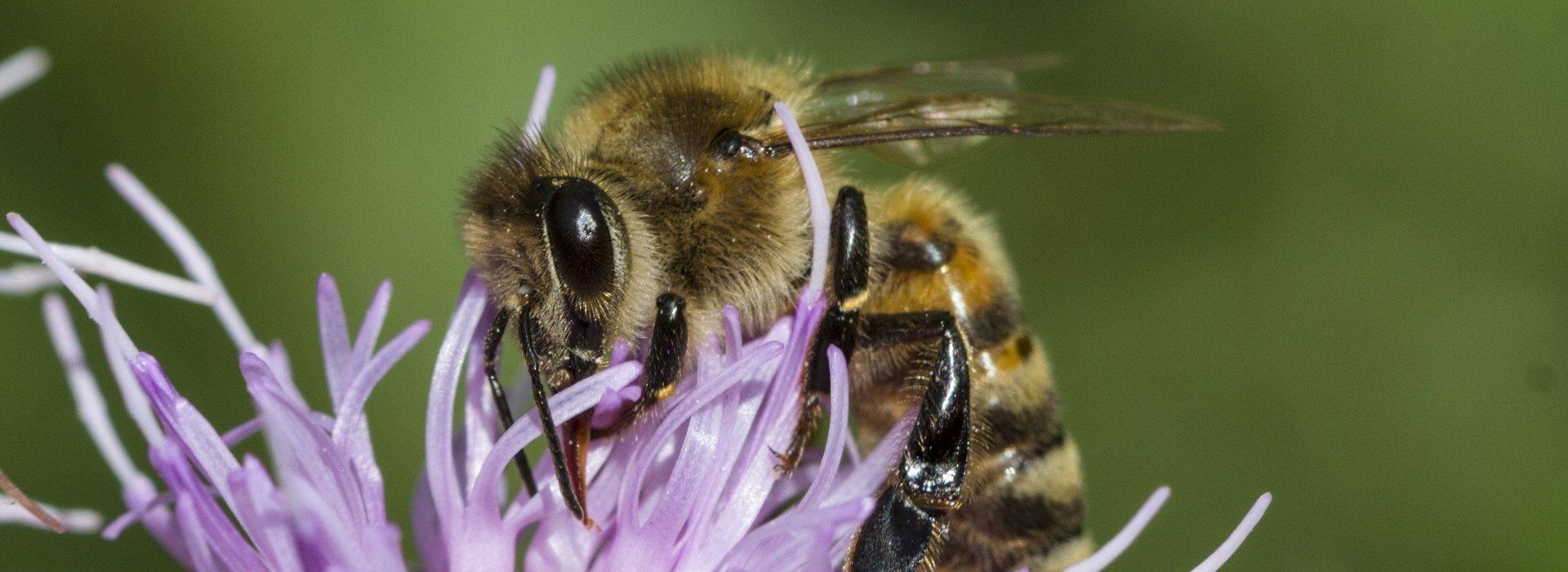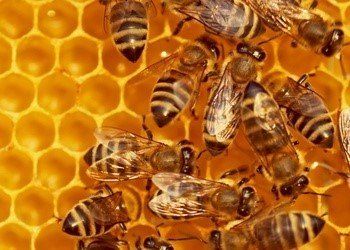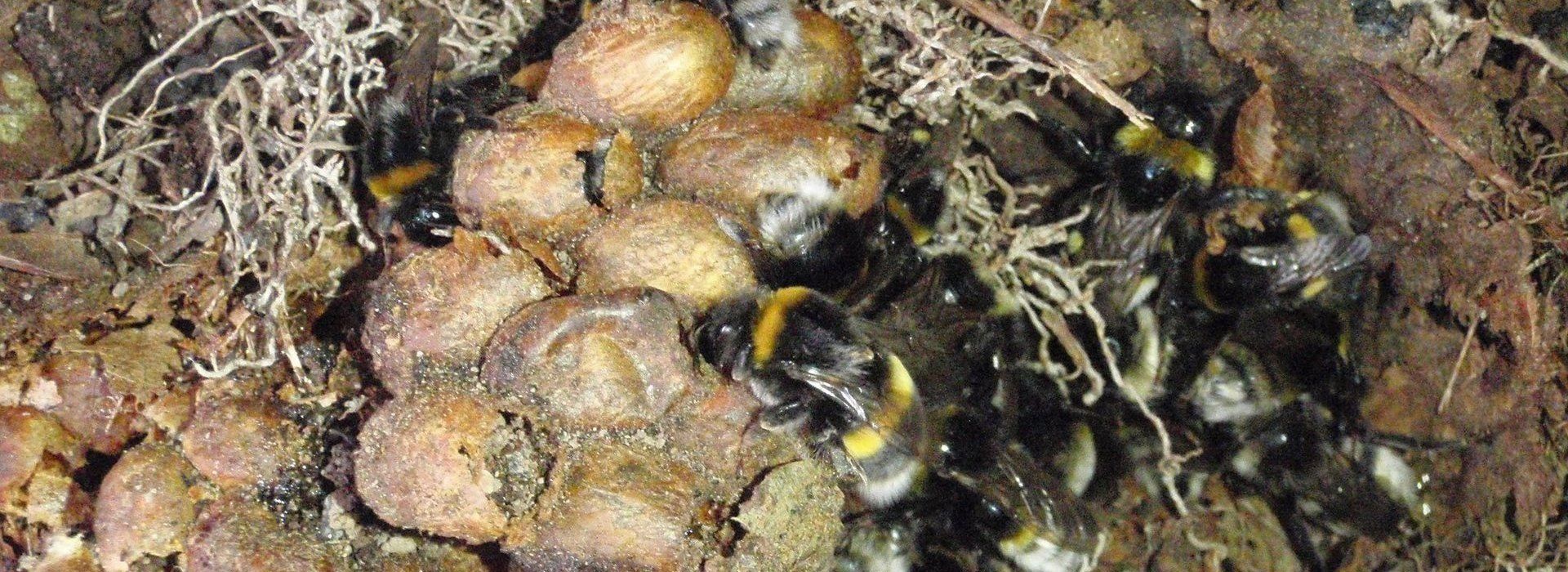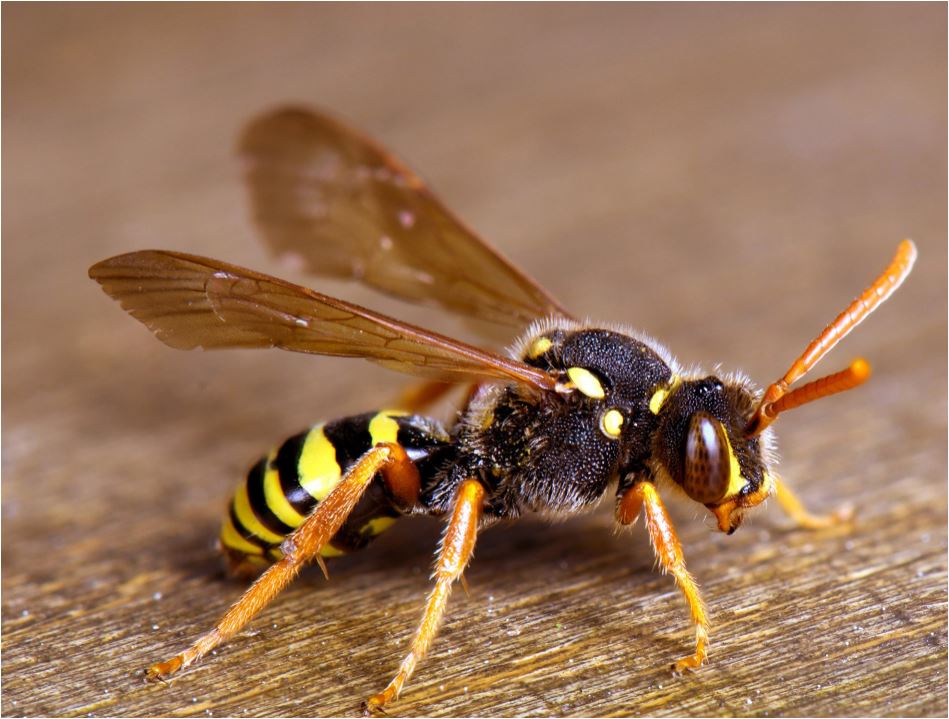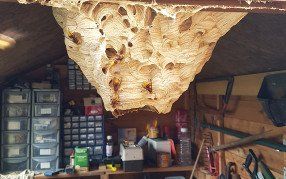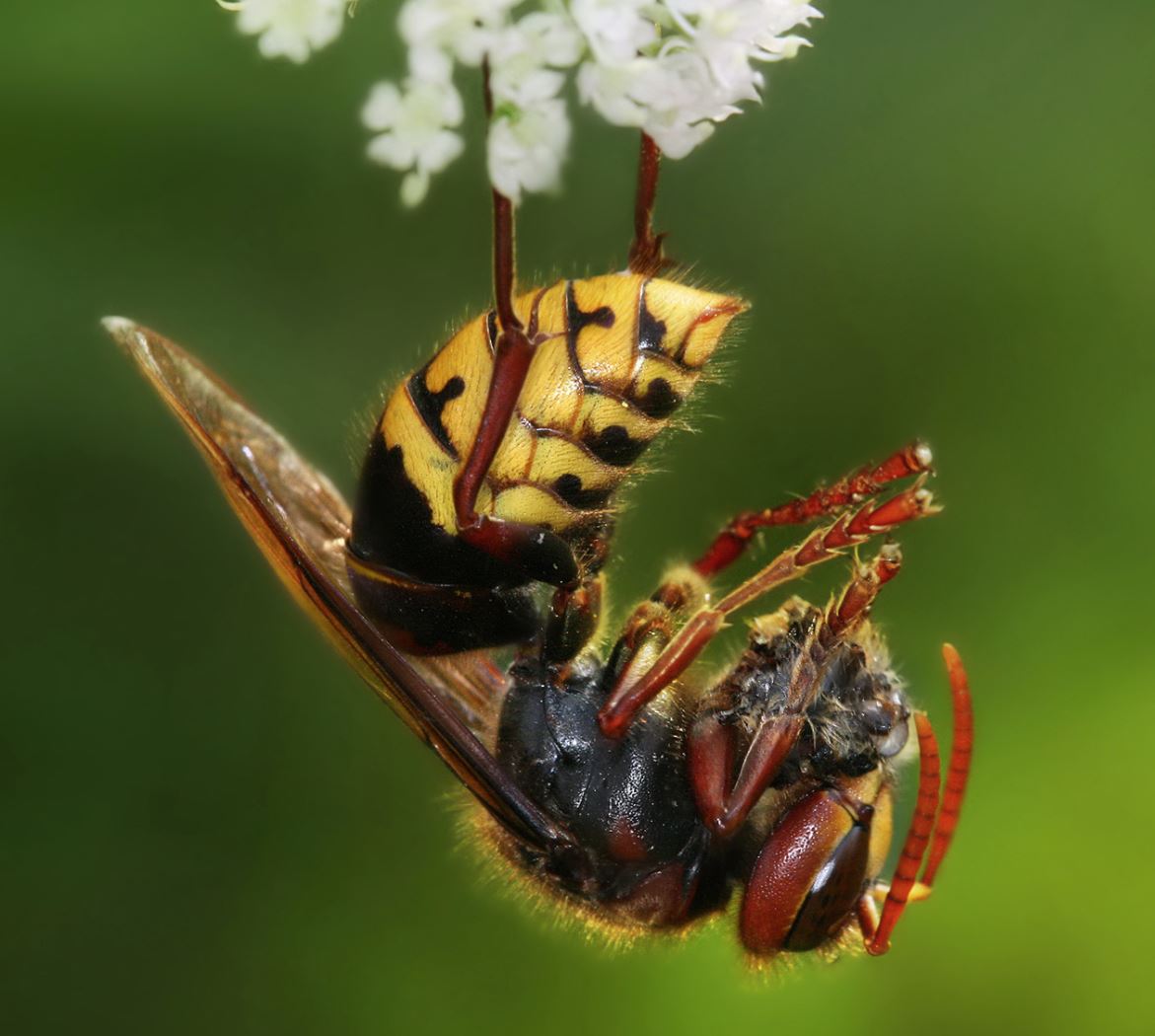Top Tips for Treating and Avoiding Stings, Advice from Hornet Exterminators
A feature of most outdoor parties, Britains notorious BBQ gatecrasher will undoubtedly make an appearance over summer. These uninvited guests are sure to show up at one of your parties or you may have the good fortune of your property becoming home to a wasp or bees nest.
When you have been working with wasps, bees, hornets and other insects capable of stinging as long as we have, you are sure to see your fair share of bites. We know how unpleasant these can be, so we have come up with a list of do’s and dont’s to help you understand more about these stinging insects.
Stings are unpleasant, often even just one sting is enough to ruin your day. However, If you are allergic to bee and wasp venom, extra care should be taken as it could lead to anaphylaxis, which can sometimes be severe.
“Anaphylaxis” or an “Anaphylactic shock” is a type of severe allergic reaction that causes blood pressure to drop to a dangerous level, limiting the amount of oxygen your cells and organs receive. It can also occur in people with food or medicine allergies such as peanuts and penicillin and can be treated with epinephrine (adrenalin). This is normally administered via an epi-pen and helps to reduce the severity of the reaction. In the case of insects like bees and wasps, this usually happens because people are either extremely sensitive to bee and wasp venom or a person has been exposed to large amounts of venom in a short timeframe.
Many people go into anaphylaxis fairly quickly following a wasp sting, and symptoms begin to worsen following the sting. The first signs of an anaphylactic reaction may look like symptoms of a typical allergy, such as:
●Runny nose
●Hives or skin irritation
●Swelling
●Lightheadedness
●Nausea or vomiting
●Difficulty Breathing
●Stomach Pain
If you have a history of allergy to bee and wasp venom then it is advisable to carry an emergency sting kit with you.
This can include:
●Epinephrine Injections (Epi-pen)
●Sting extractor
●Sting cream
●Antihistamines
Wasp Control - How To Avoid Getting Stung
Obviously, nobody wants to get stung, but some people always seem to end up getting stung whenever wasps and bees are around. It isn't that you have some sort of magnet that seems to invisibly attract stinging insects, it is most likely your behaviour.
My grandmother was fond of saying; “it’s more scared of you than you are of it” but if she had seen how much of a freakout some of my friends had whenever a wasp or bee was around, she’d probably change her mind. People who panic are usually the ones the insect will target, as insects tend to view those making the most noise and movement as the biggest threat to them.
Exposed skin is a place bees and wasps can land and potentially sting you. If you are really concerned about being stung, try to also avoid loose and baggy clothes, as insects could become trapped, stinging you accidentally in a panic when trying to escape.
Brightly coloured clothes and floral patterns will attract insects. Bees eyes pick out the ultraviolet range so if you are wearing a flower patch or clothing that glows under a blacklight, this is likely going to attract to bees.
Perfume, aftershaves, body mists and sprays are designed to smell sweet and fragrant. Bright colours and sweet-smelling fragrances are exactly how flowers attract insects to pollinate them, so avoid anything scented, even candles and body lotion if possible.
Wasps are attracted to fruity and sugary drinks such as orange juice and cider. Having open cans and bottles left lying around is likely to attract them. Be careful of insects that may crawl into open cans which can become frightened and sting when you drink. Drink toppers with straws are available online which can help prevent unsuspecting insect stings.
●Remove the sting, tick or hairs from the skin
It is best to scrap it out sideways with a hard-edged object like a bank card to prevent more venom being released. Don’t use your fingers as this may spread further venom, If nothing else is available use tweezers.
●Wash the affected area with soap and water
●Apply a cold flannel or an ice pack to areas of swelling for 10 minutes or so
●Raise or elevate the affected area to help reduce swelling and help stop any bleeding
●Take An Antihistamine
Antihistamines can help reduce the severity of a reaction and help to reduce subsequent swelling
●Sting cream will help to reduce irritation and soothe skin inflammation and rashes
If a person seems to be experiencing severe symptoms similar to the ones mentioned earlier, it may be a good idea to call an ambulance. Shortness of breath, dizziness and severe swelling may be a sign of an allergy to the venom and you should seek medical attention in these circumstances. If a previous sting is having trouble healing, has swollen up considerably or is oozing pus, seek the help of a medical professional.
Myths Surrounding Bees and Wasps
Do Bees Die After They Sting You?
Yes. But many people are unaware that only female honey bees are capable of stinging. The stinger is attached to the egg-laying organ, which only female bees possess. Bees can sting large insects without causing harm to themselves, however, with larger mammals and humans, the sting will stick into the thick skin and become stuck. When the bee tries to escape, she will cause fatal damage trying to remove the stinger from the skin.
Many people think that wasps were only put on this planet to ruin our parties and BBQs. During the early summer and spring months, however, wasps pollinate plants and flowers as they feed on nectar. They also play a vital ecological role, preventing infestations of greenfly and caterpillars.
When provoked, wasps do become aggressive and will sting repeatedly unlike bees. However, they don’t attack for no reason. They rely on instincts, attacking when their hive or themselves feel threatened. Steer clear of wasps nests to avoid being the victim of some nasty stings.
This is true. Wasps have sharp vision and can pinpoint moving things from far away. If wasps feel their nest is threatened, they will chase any potential threats away at high speeds. Wasps can accelerate very quickly and produce a chemical that alerts other wasps of nearby threats, so watch out!
How to Deal With An Infestation
If an area of your home has been taken over and you are now cohabiting with wasps, bees or hornets call a pest control expert immediately. Tackling the wasp infestation on your own can result in some nasty stings and even serious injuries in extreme cases. Try not to use the affected area if you can as this is likely to anger wasps and cause them to attack.
Mr Wasp - Bee & Wasp Removal & Hornet Exterminators In South Wales
We have a wealth of pest control experience and have seen all sorts of infestations and pests in our time. We specialise in wasps, hornets and bees and ensure a fast service at affordable rates. Our friendly team of pest control veterans are on hand 24 hours a day should you need us. We can offer help and advice over the phone, and aim to efficiently deal with pests to help you get back to being able to use your property again. If you require pest control services in Cardiff and the South of Wales, get in touch with us today.